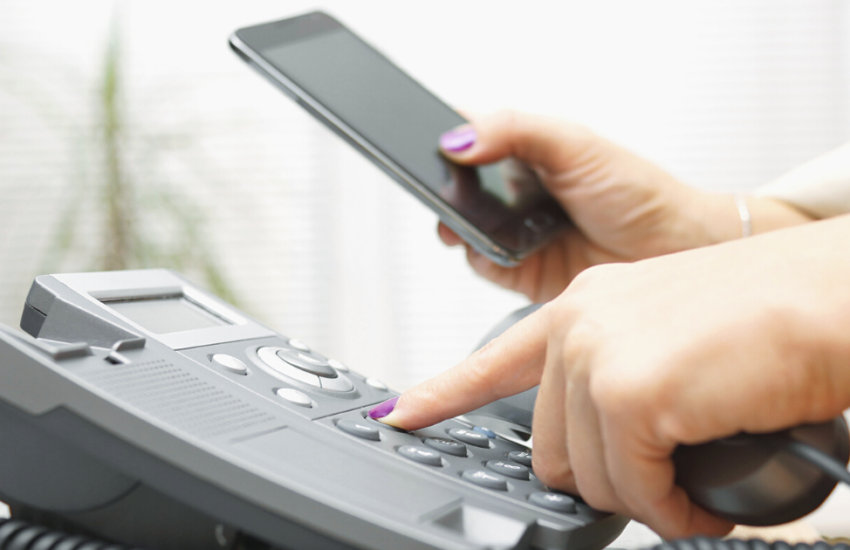Which Mobile Data Card Is Best For You?
We live such mobile lifestyles these days that not only are people forwarding phone numbers to their mobile device, but also using mobile data cards to work from their laptops anytime, anywhere. Engadget tested mobile data cards from the nation’s four big mobile networks: AT&T, T-Mobile, Sprint, and Verizon. In their test, they were looking for overall speed and reliability, as well as where you would get the most bang for your buck out of your data plan. After putting them all through a thorough test, they came to the following conclusion:
Based on coverage alone, we’d select Verizon first (from a national standpoint) and AT&T second. Unfortunately, Verizon was the slowest of the bunch (albeit not by much), and AT&T was the victor by a country mile in terms of Kbps. If it’s speed you’re after (and really, who’s not after speed?), we can’t help but recommend AT&T — if you’re within one of the carrier’s limited 3G areas. The other caveat here is that for whatever reason, AT&T’s reliability — particularly in densely populated areas — has been disreputably suspect. If you’re an existing AT&T user and can’t seem to get a solid 3G signal on your smartphone where you’re at, don’t expect a LaptopConnect card to act any differently. Frankly, that goes for all carriers. Aside from T-Mobile, which just doesn’t have the coverage to compete right now, you can hardly go wrong with any of these options. But as our speed tests have shown, you’d need a darn good excuse to avoid AT&T if the coverage and reliability is right.
If your life is quickly turning mobile, be sure and check out their entire breakdown of mobile data cards.


